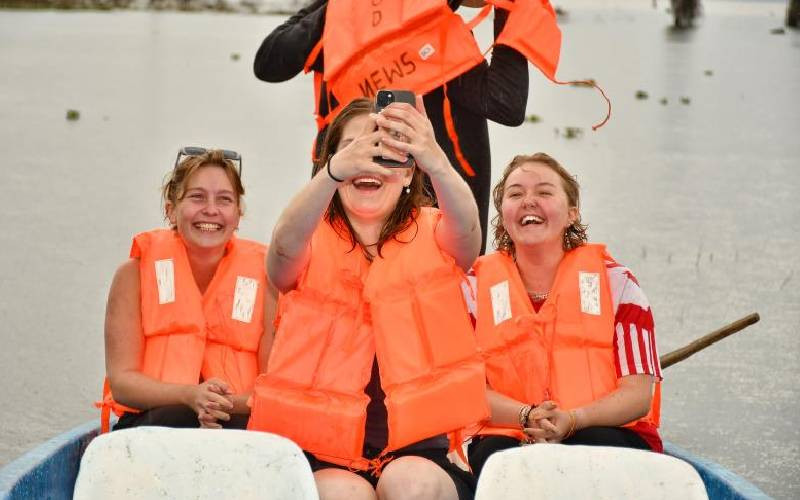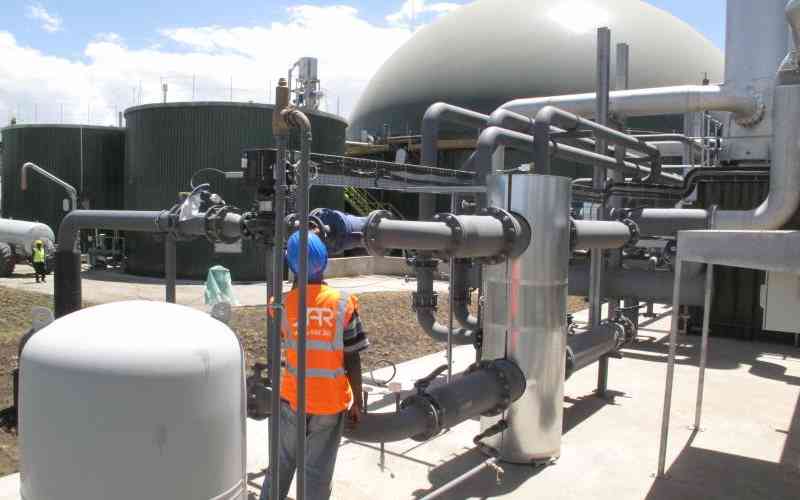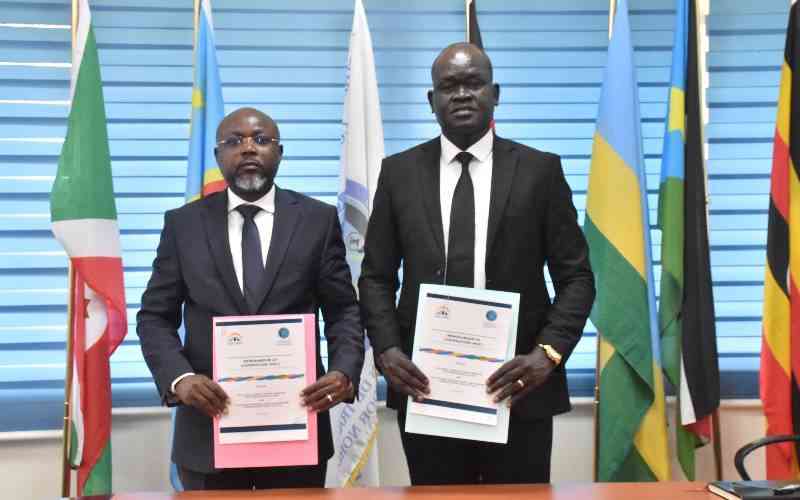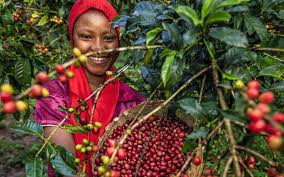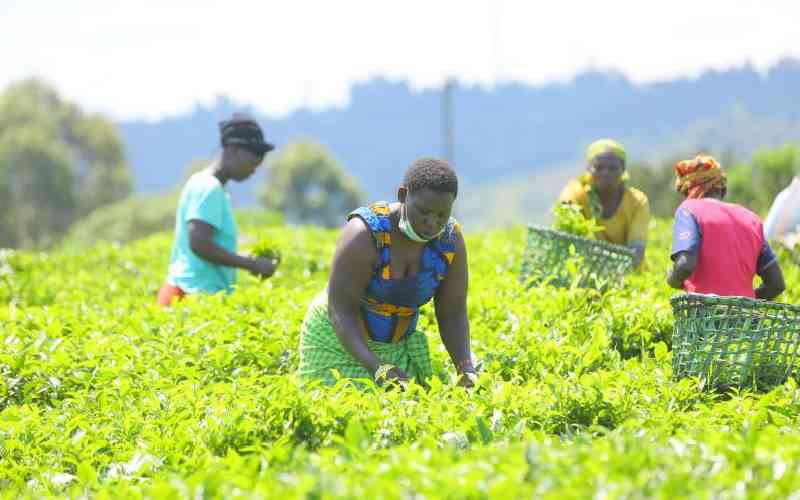×
The Standard e-Paper
Fearless, Trusted News

The controversial livestock vaccination programme will be undertaken over three years, after which Kenya expects to be free from foot and mouth disease.
This will increase the marketability of its meat products to more export markets. The government is seeking to vaccinate 21 million cattle and 50 million sheep and goats starting in January, a plan that has kicked up a storm and opposition from different stakeholders.

